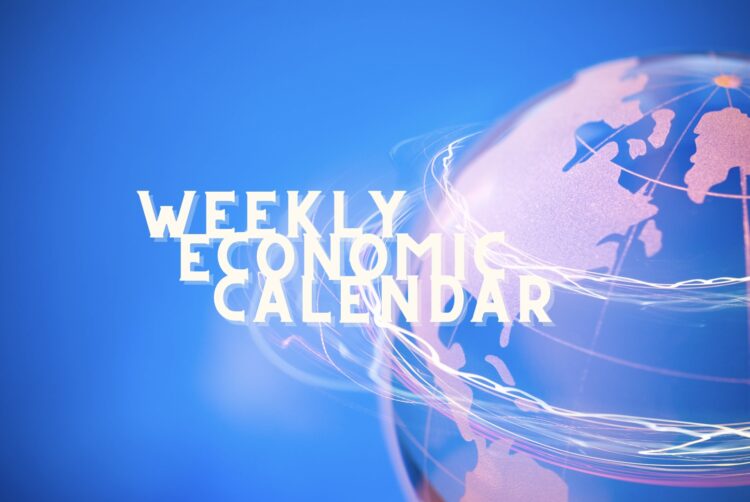In the following text, we’re going to break down some of the most significant upcoming economic events. A busy week lies ahead in the economic field, but there’s no need to worry; we will explain each event in a clear and straightforward manner. Even if you’re not deeply familiar with economics, we will provide a clear understanding of the significance of each occurrence, so you can grasp how they might personally impact you and the economy as a whole.

1.- U.S. Annual CPI (Nov) – 3.2%: This data is crucial as the Consumer Price Index (CPI) reflects the overall inflation in the United States, one of the world’s largest economies. A change in U.S. inflation can significantly impact global markets, monetary policies, and international investment decisions.
2.- U.S. Interest Rate Decision: Decisions on interest rates in the United States are vital globally. The U.S. holds considerable economic influence, and changes in its interest rates can affect global capital flows, exchange rates, and economic conditions in other countries.
3.- New Zealand Quarterly GDP (Q3) – 0.9%: Although New Zealand is not as large an economy as the U.S. or those in the Eurozone, solid growth in its quarterly GDP can be a positive indicator for the Asia-Pacific region and may influence trade and investment decisions in that area.
4.- Eurozone Core Annual CPI (Nov) – 5.2%: This data is important because a high core CPI in the Eurozone, which includes several major economies, indicates significant inflation. This could lead to changes in the European Central Bank’s monetary policy, affecting financial markets and the global economy.
5.- German Manufacturing PMI (Dec) – 42.6: Germany is the largest economy in Europe and a major economic driver. A low manufacturing PMI suggests a contraction in its industrial sector, which can have repercussions on the European economy and, by extension, on the global economy, given the interconnectedness of markets.
These points highlight how economic indicators from major economies like the U.S. and the Eurozone, as well as from smaller but significant economies like New Zealand and Germany, can have a considerable impact on the world economy.











